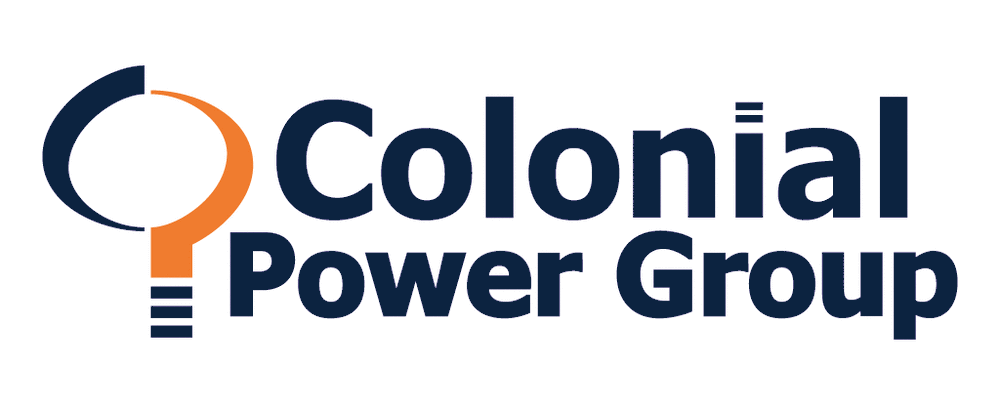RENEWABLE ENERGY CERTIFICATES (REC'S)
Click here to watch a short video that explains Renewable Energy Certificates and their importance and role they play in making green power possible for electricity consumers nationwide.
What are Renewable Energy Certificates (RECs)?
A renewable energy certificate, or REC (pronounced: rěk), is a market-based instrument that represents the property rights to the environmental, social and other non-power attributes of renewable electricity generation. RECs are issued when one megawatt-hour (MWh) of electricity is generated and delivered to the electricity grid from a renewable energy resource.
How do RECs work?
Because the physical electricity we receive through the utility grid says nothing of its origin or how it was generated, RECs play an important role in accounting, tracking, and assigning ownership to renewable electricity generation and use. On a shared grid, whether from on-site or off-site resources, RECs are the instrument that electricity consumers must use to substantiate renewable electricity use claims.
Click here to learn more about Renewable Portfolio Standards (RPS) and Renewable Energy Certificates (RECs).
